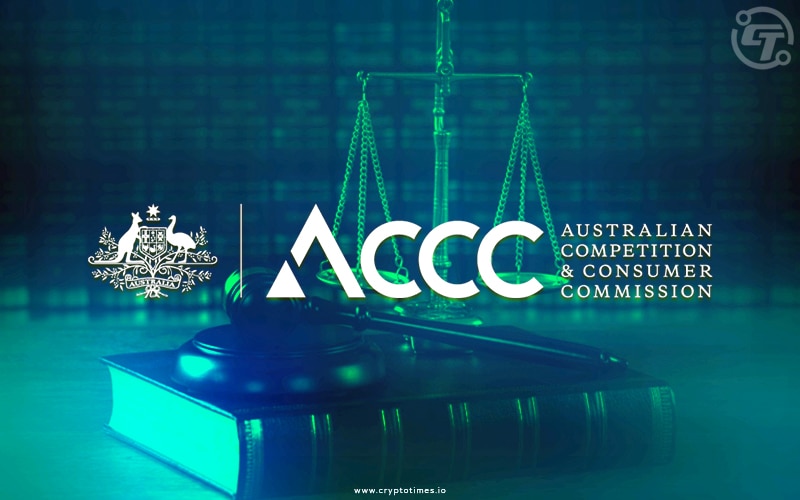The Australian Competition and Consumer Commission (ACCC) has brought a case against Facebook owner Meta Platforms, alleging that the social media giant failed to prevent crypto scammers from promoting fake ads featuring well-known people on its platform.
In Brief:
- ACCC alleged that Meta is in violation of the ACL or the ASIC Act.
- Prominent Australians including Dick Smith, David Koch, and former Mike Baird were featured in the ads.
- The proceedings allege the global tech giant knowingly published crypto scam advertisements.
Australia’s consumer watchdog is suing Mark Zuckerberg’s Facebook-owned parent Meta Platforms Inc. and Meta Platforms Ireland Ltd. in Federal Court for engaging in false, misleading, or deceptive conduct, which violates Australian Consumer Law.
The lawsuit filed in the Federal Court alleges that Facebook a.k.a Meta “aided and abetted or was knowingly concerned in false or misleading conduct and representations by the advertisers.”
ACCC announced that it is suing Facebook for “declarations, injunctions, penalties, costs, and other orders.” It claims Meta’s actions violate the Australian Consumer Law (ACL) and the Australian Securities and Investments Commission Act (ASIC Act).
The ads encouraged cryptocurrency investment featuring prominent business and political leaders, inferring a relationship with those people that did not exist, such as Andrew “Twiggy” Forrest and businessman Dick Smith, TV presenter David Koch, and former NSW Premier Mike Baird.
The ACCC Chair Rod Sims said, “Apart from resulting in untold losses to consumers, these ads also damage the reputation of the public figures falsely associated with the ads.”
Not only that, the ads included links to phony media articles with quotes attributed to the celebrities. And, scammers contacted users who signed up to persuade them to deposit money into such bogus crypto investment schemes.
Meta has also been accused of knowing about the celebrity endorsement cryptocurrency scam ads that were being displayed on Facebook but failing to take adequate action to address the issue.
Rod Sims said, “Meta should have been doing more to detect and then remove false or misleading ads on Facebook, to prevent consumers from falling victim to ruthless scammers.”
He added, “In one shocking instance, we are aware of a consumer who lost more than $650,000 due to one of these scams being falsely advertised as an investment opportunity on Facebook. This is disgraceful.”
A spokesperson from the tech giant said, “We use technology to detect and block scam ads and work to get ahead of scammers’ attempts to evade our detection systems. We’ve cooperated with the ACCC’s investigation into this matter to date. We will review the recent filing by the ACCC and intend to defend the proceedings.”
To prevent citizens from getting scammed off their hard-earned money and avoid phony investment scheme ads that penetrate the market, global leaders are taking stringent actions.
One such authoritative action includes the plans of the UK Government to improve consumer protection by tightening rules involving cryptocurrency advertisements. Indian advertisement watchdog ASCI also issued guidelines recently for ads on crypto and NFT promotion.






